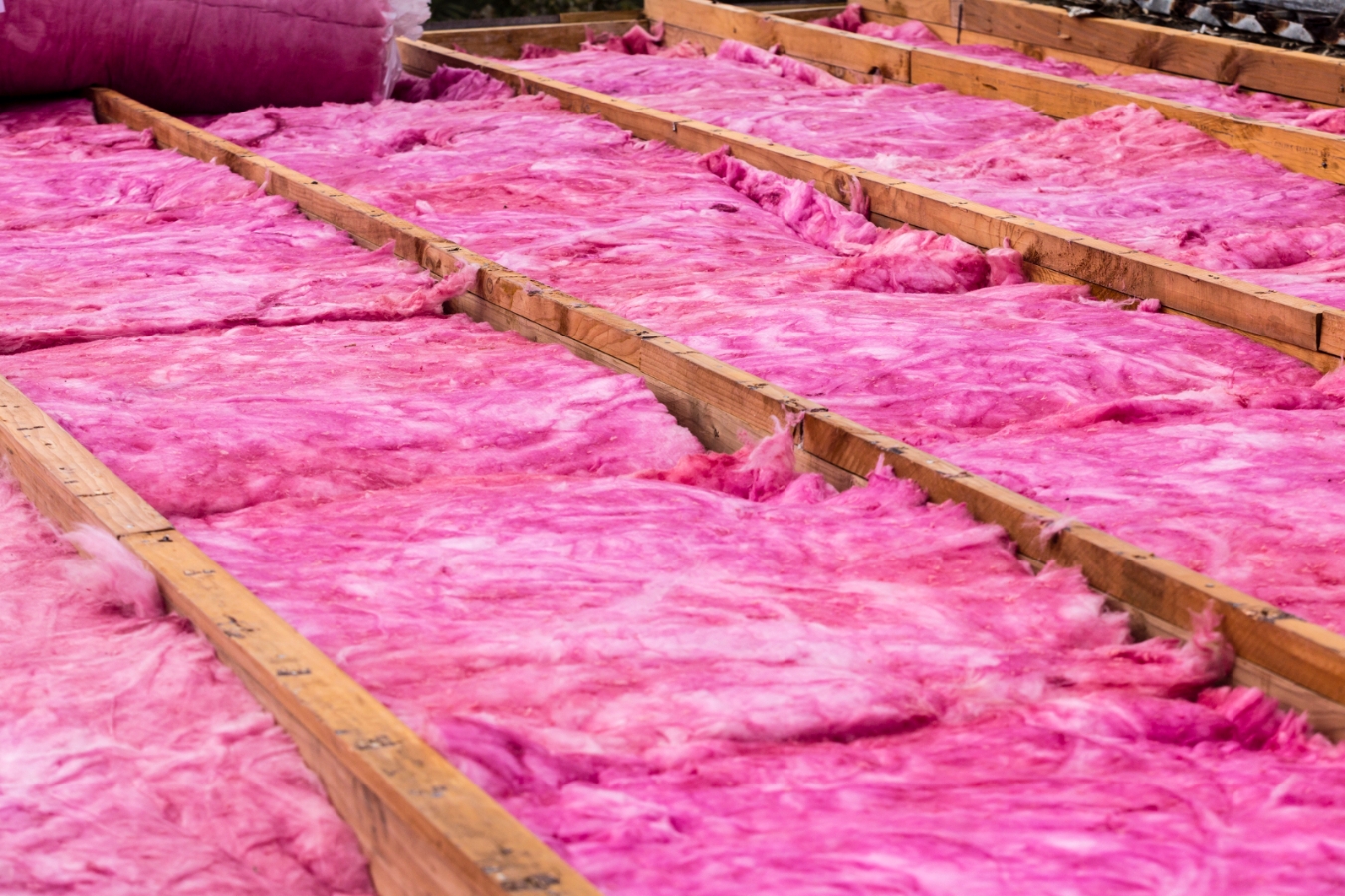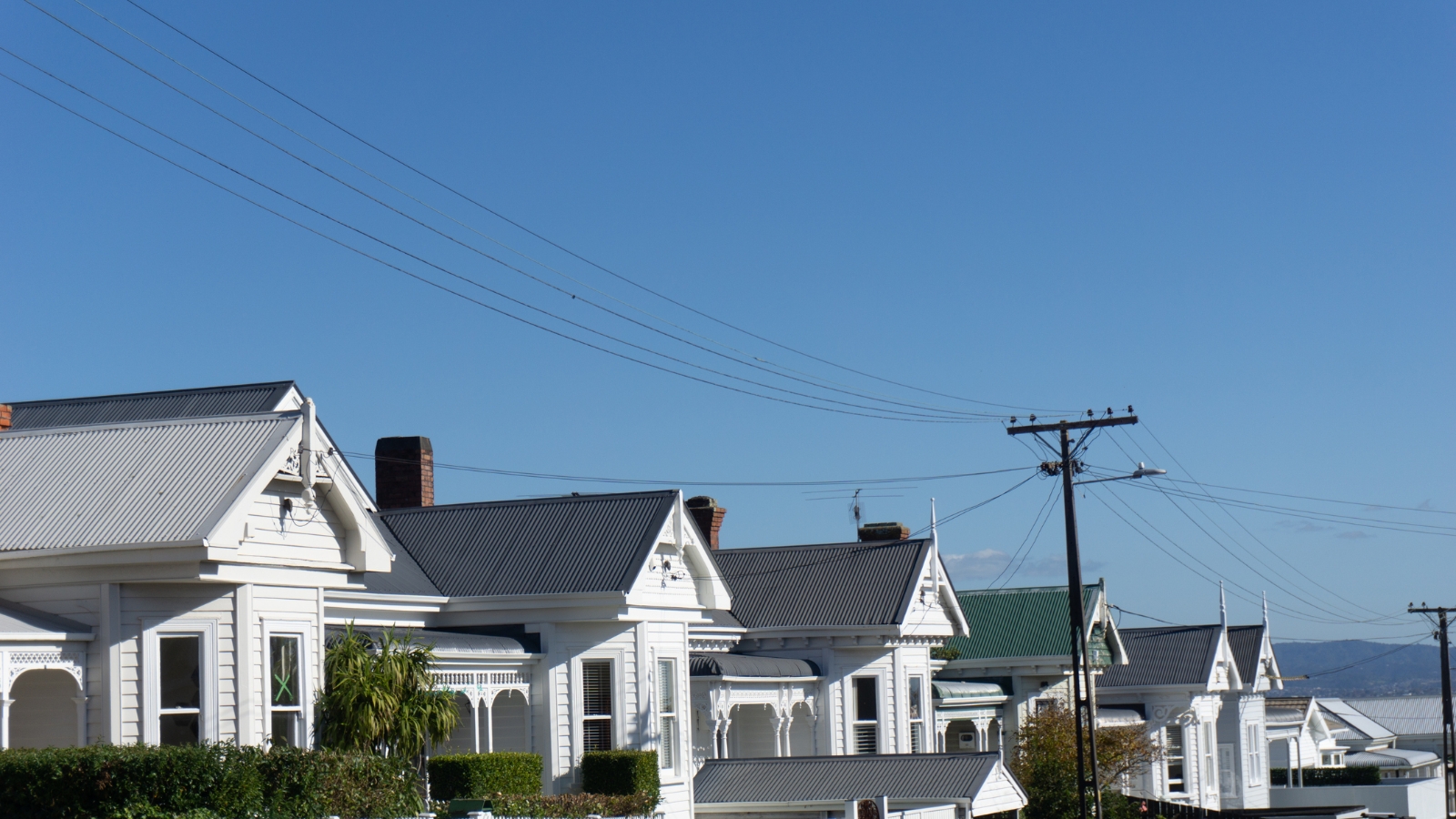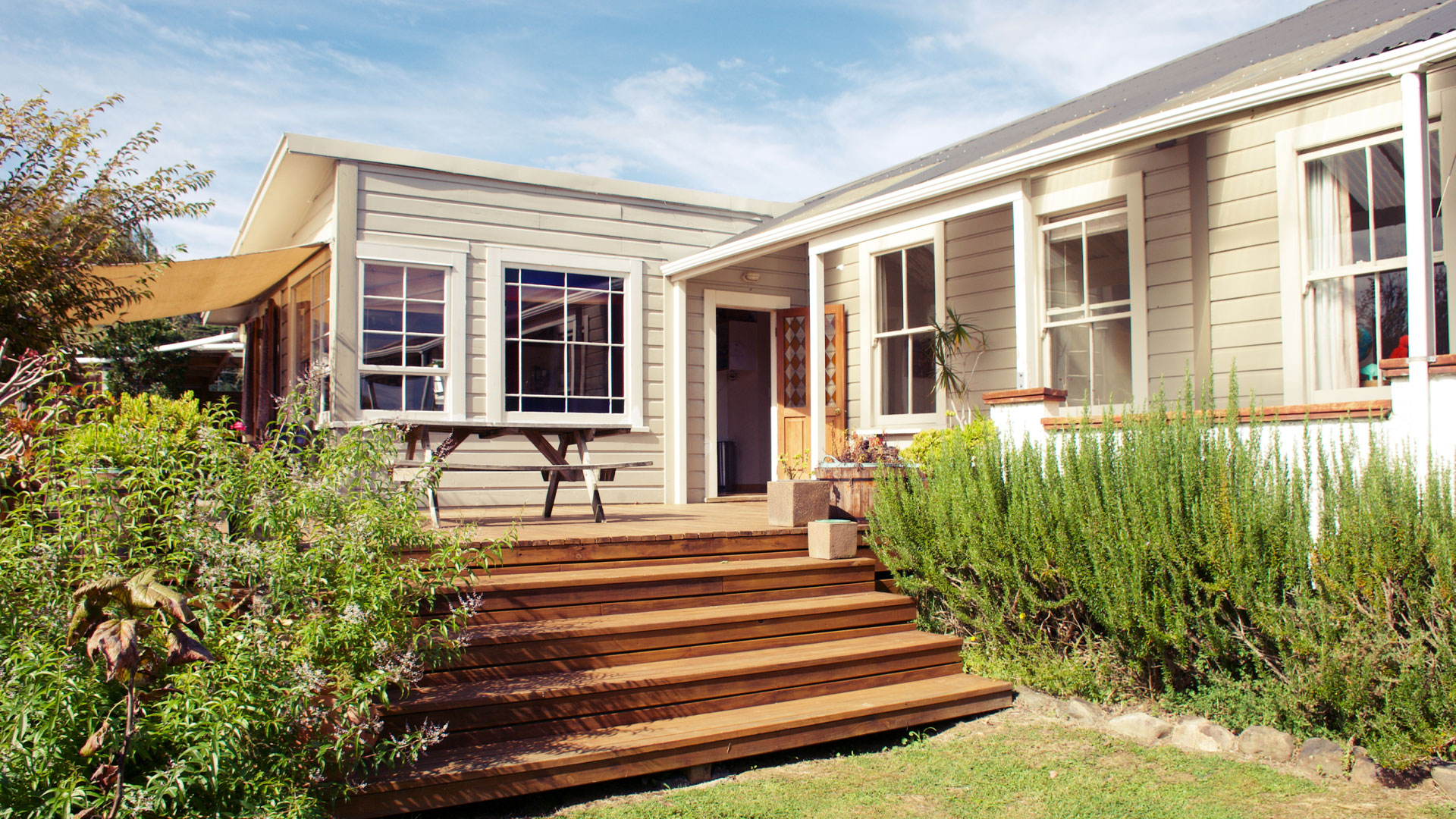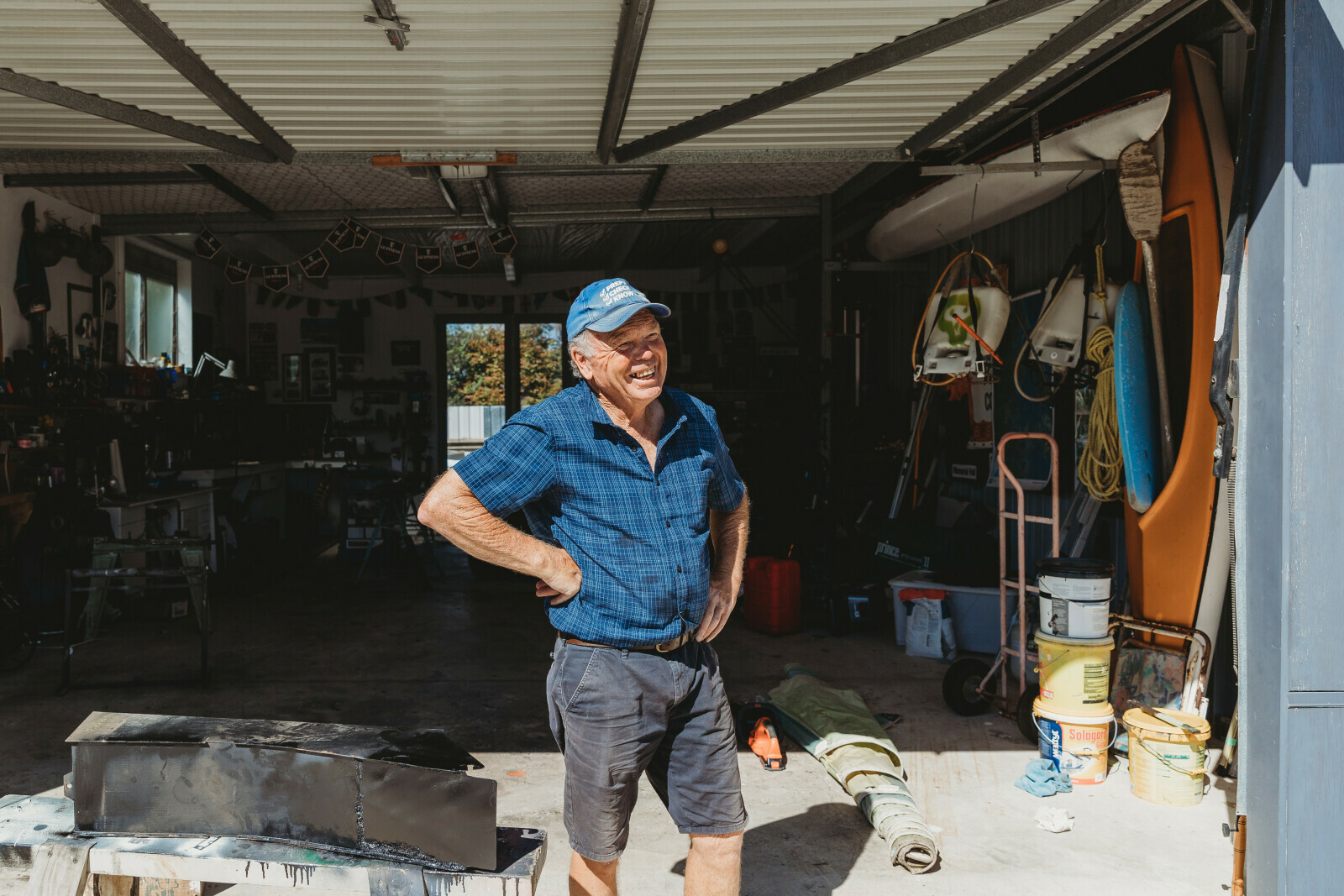Feature article
The Warmer Kiwi Homes Grant: what is it & how do I apply?
You could get 80-90% of the cost of new insulation covered by a government grant. Here’s how.

Eligibility criteria for the Warmer Kiwi Homes subsidy
What you’ll get under the Warmer Kiwi Homes Grant
One of the best ways to reduce heating cossts is to insulate.
How to apply for the NZ insulation & heating grant
Next steps & costs
Author
Search
Other articles you might like







